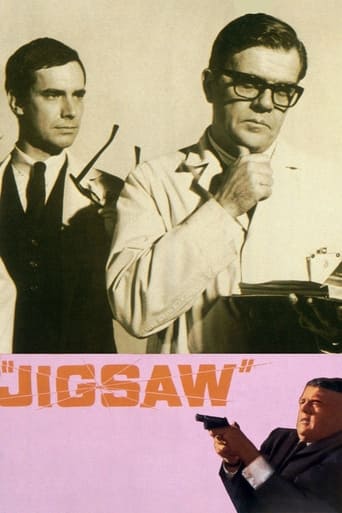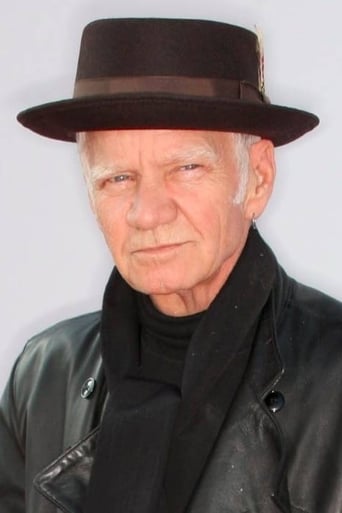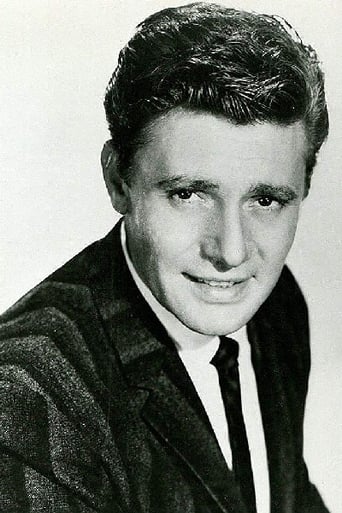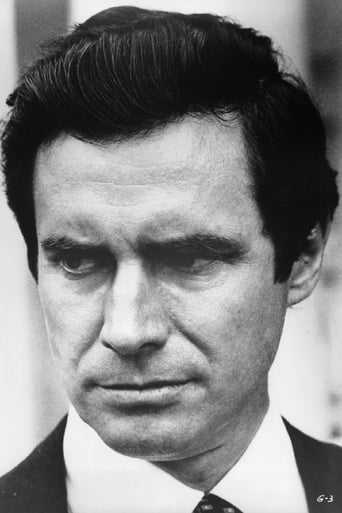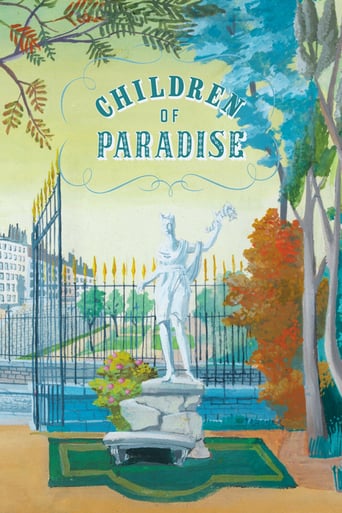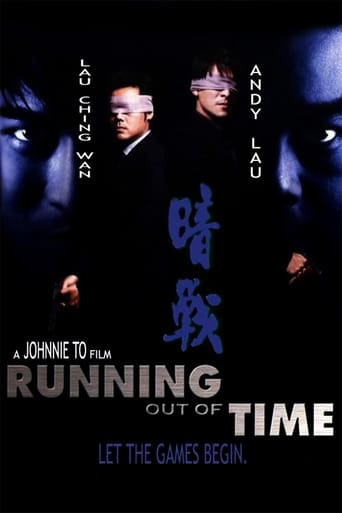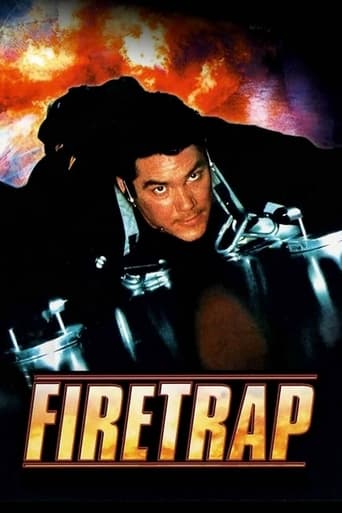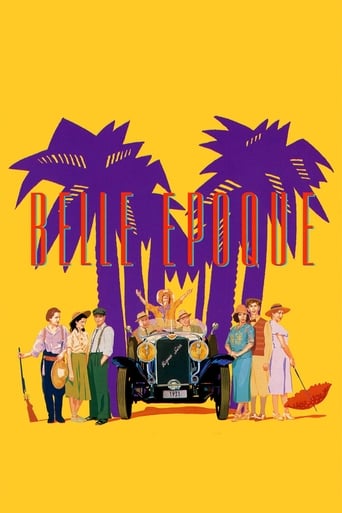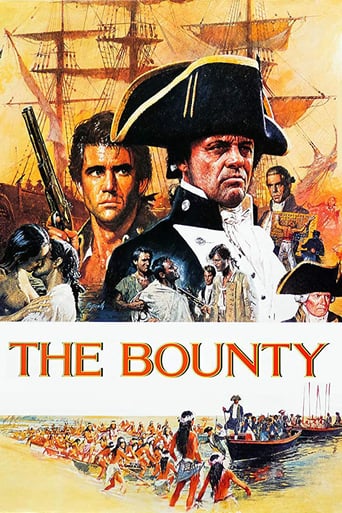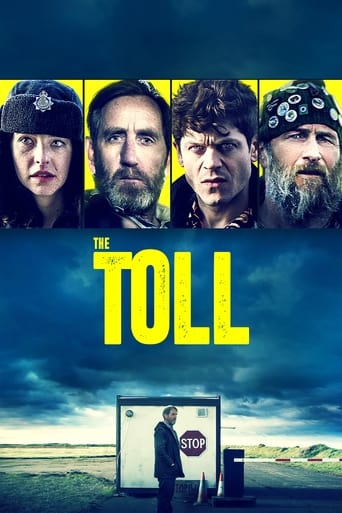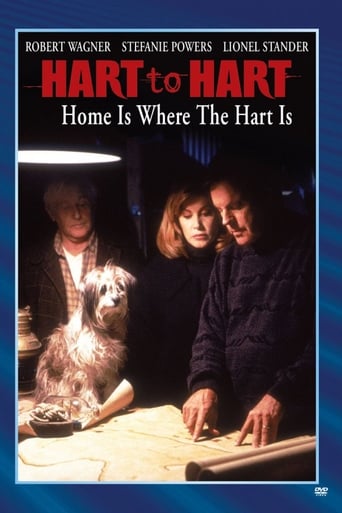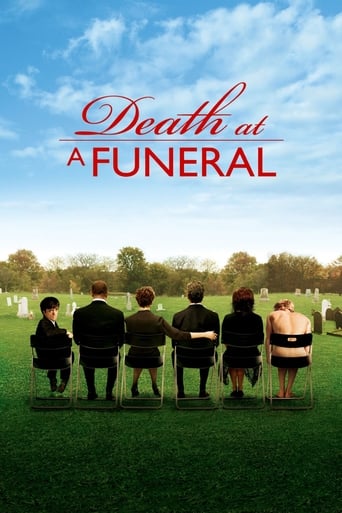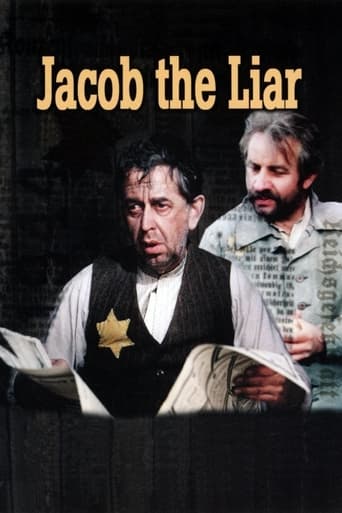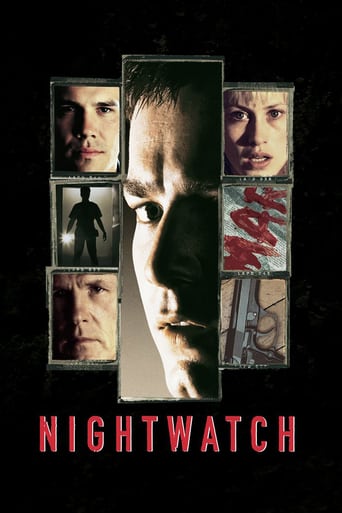Jigsaw (1968)
After inadvertently ingesting some sugar laced with LSD, a man wakes up with amnesia and in the middle of a murder plot.
Watch Trailer
Free Trial Channels
Cast


Similar titles
Reviews
Very best movie i ever watch
Intense, gripping, stylish and poignant
A Masterpiece!
I cannot think of one single thing that I would change about this film. The acting is incomparable, the directing deft, and the writing poignantly brilliant.
Bradford Dillman plays a scientist who wakes up one morning in the middle of a bloody crime scene; having partial amnesia (or "global amnesia", which one character claims to define as elective loss of memory), the scientist finds a private detective in the phone book in the hopes of piecing his life back together. Abhorrent concoction very loosely based on Walter Ericson's book "Fallen Angel" (filmed in 1965 as "Mirage" with Gregory Peck). It was probably too racy for television--what with drugs and hippies added to the mix--that NBC initially refused to air it, which is how this low-budgeter wound up in theaters. Director James Goldstone gets freaky with the hyperkinetic visuals and camera-tricks, while editor Edward A. Biery goes wild with the zig-zag cuts. Unfortunately, their admittedly-colorful gimmicks cannot cover up the weaknesses of this updated plot, and the acting is woefully overripe. Dillman, under pressure to recall the events of the night in question, goes through an Actor's Seminar of tics, stammers, nose-wipes, and crazy half-laughs while spitting out dialogue like, "Dream...a dream...drugs...yeah, drugs...that SOUND...bells...help!" As a villainous fellow scientist with a Cheshire Cat smile, Pat Hingle nearly upstages Dillman in the Grand Thespian department by continually addressing everyone in baby-talk, strutting about like a middle-aged peacock and twisting his mouth around in agony. Hope Lange's scientist/love-interest is given the short shrift, but not before she screams at indifferent-lover Dillman: "What do I have to do, talk Ape Man? Me want You!" This is one frantic "Jigsaw"! *1/2 from ****
Definitely screams '60's Universal Studio Telefilm', but if you liked the looks of those pictures (as I do), this is a well photographed, directed and acted little picture. Bradford Dillman, that Olivier of the B's, starred, but Pat Hingle and Harry Guardino had the tastier roles. James Goldstone directed -- he had one of the cleanest, most recognizable styles of late sixties contract directors, though his name is barely known.The story is a very loose remake of Mirage, the 1960 Gregory Peck vehicle, but it is really another picture entirely. If you've seen the one, you have not seen the other.Jigsaw swims simultaneously in alienation, paranoia, 60's technicolor psychedelia, and general cold war fear and loathing. The surprise ending is a visual gas, the cinematic equivalent of an acid flashback. It deserves a look if it ever shows up on the tube. In these more modern times of alienation, paranoia, and fear and loathing, an entertaining, slightly fluffy reminder that we've already met the enemy and he is STILL us.
I doubt Jigsaw was hip even at the time, the whole LSD theme married to a murder mystery being a patently obvious attempt to grab a young audience of the era without in the least truly showing any understanding of the sixties counterculture. The dated aspect aside, Jigsaw suffers from many problems, including overwrought acting, silly and stilted dialogue, LSD flashbacks that go on interminably long even after the point has been hammered home in the first 60 seconds, a failure to create any true suspense even though the actual plot is, on paper, a great vehicle to do just that, and an ending that is so trite and predictable (not to mention reminiscent of a lot of bad television shows) that the climax is actually an anti-climax. If it was a better movie, we might be able to suspend disbelief on a few things where it would help enjoyment, but the weaknesses are so glaring they only serve to highlight the improbabilities viewers might otherwise overlook. I saw Jigsaw on television and it is definitely late night TV fare meant to fill airspace and pass the time to kill somebody's insomnia rather than anything anybody ought to actively seek out. At very best, a three out of 10.
A remake of 1965's "Mirage" updated for the late 60s by making LSD more important to the plot than amnesia (Gregory Peck's "problem" in the earlier film). "Jigsaw" was actually produced by Universal as a TV movie, but like their earlier remake of "The Killers," it was released theatrically instead (but only briefly--in Cleveland, Ohio, it was brought in as a supporting feature for United Artists's "Hang 'Em High" at the Hippodrome theater when the latter film was in its final weeks). Like "The Killers," it turned up on NBC shortly thereafter. If it isn't as good as "Mirage," it isn't bad at all, although like a lot of Universal product at the time, its attempts to recreate contemporary youth culture looks very dated (I refer you to the discoteque sequence in the same year's "Coogan's Bluff"). Bradford Dillman is good in the role originally played by Peck, and Harry Guardino is better in Walter Matthau's private eye role. Michael J. Pollard, still very prominent in the public eye at the time thanks to the endless re-issues of "Bonnie and Clyde," also turns up, and his presence was a key selling point in the advertising campaign.


